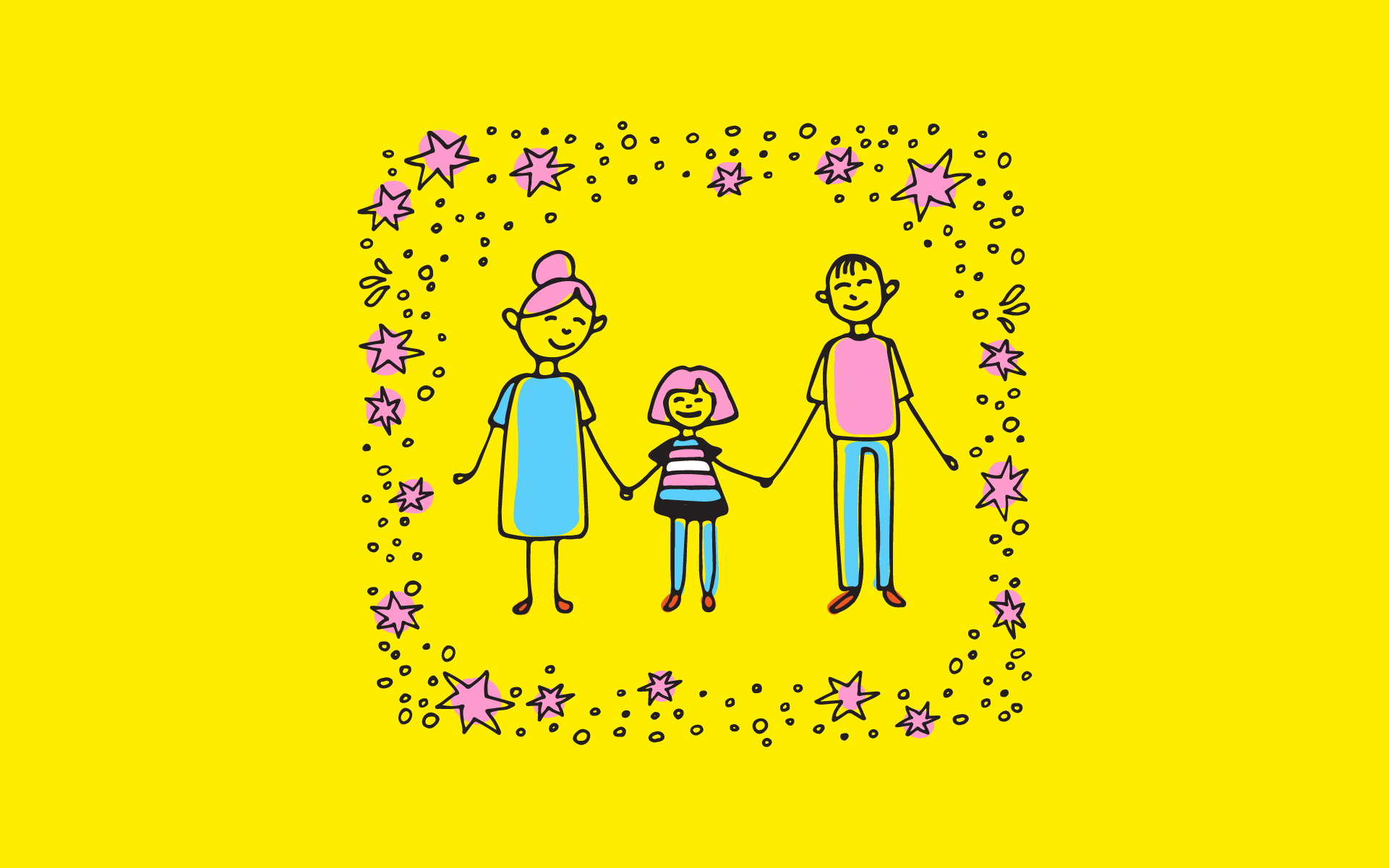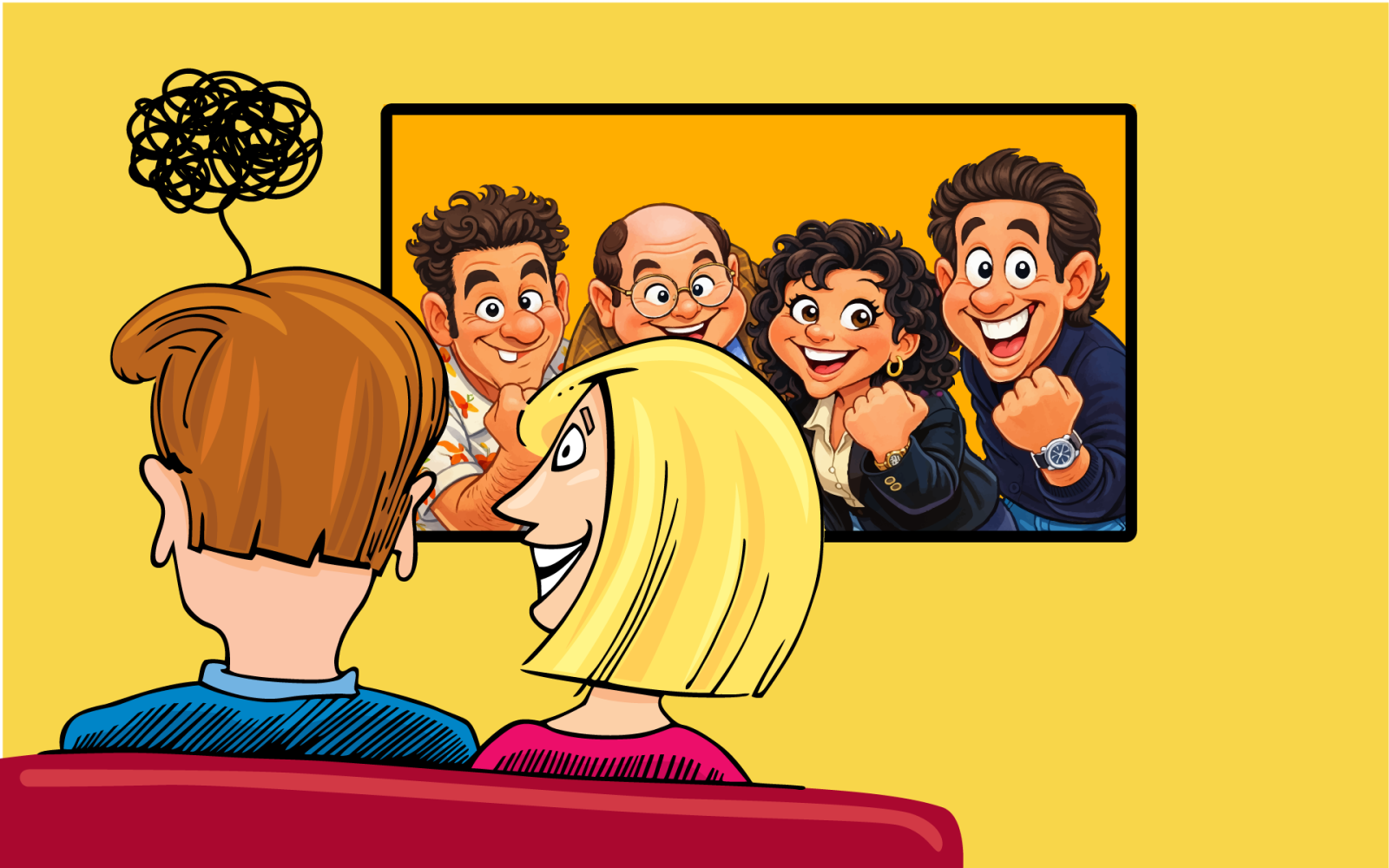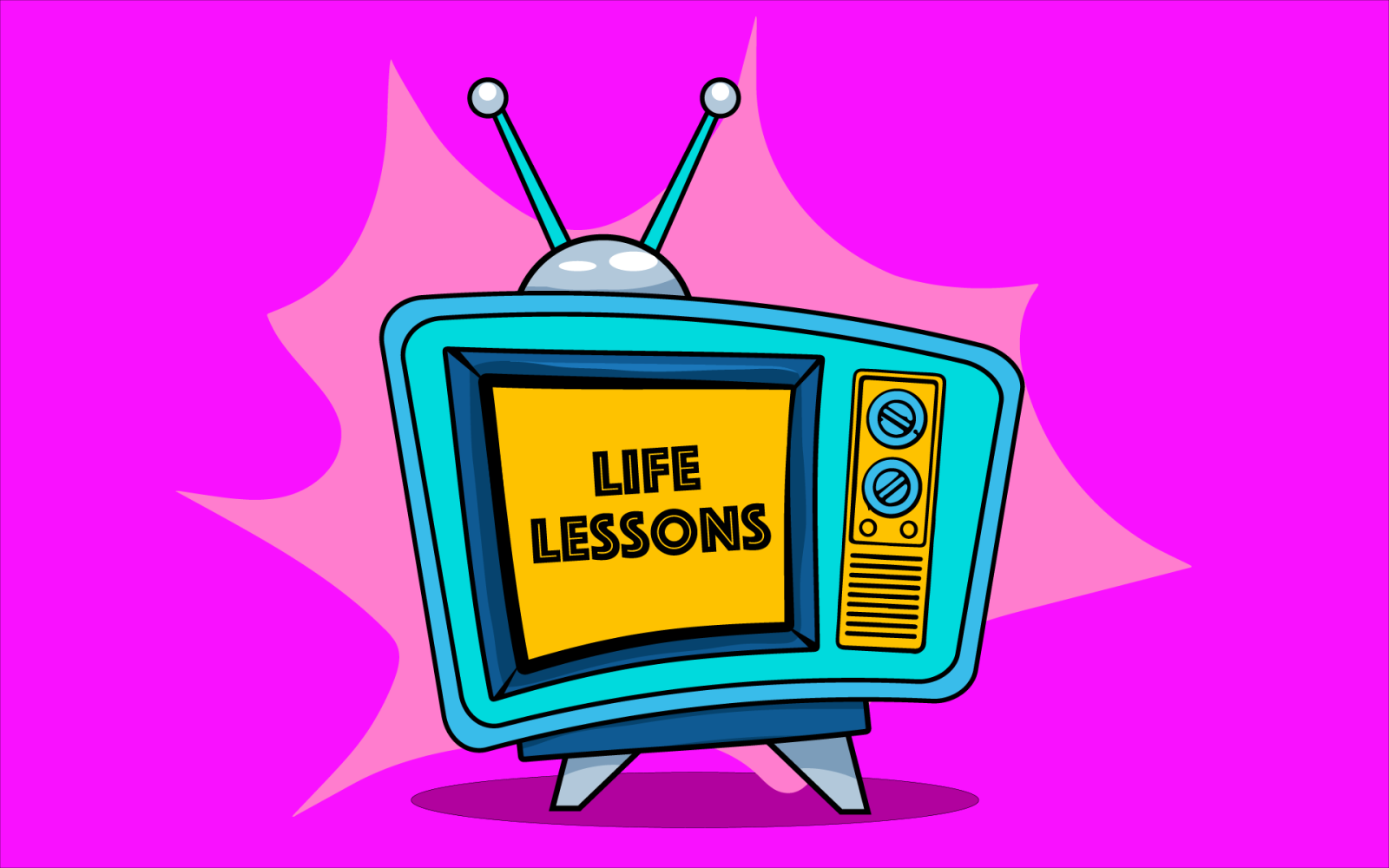Moms and dads of gender-diverse children, you are not alone

Lessons about adapting and coping from a monthly support group.
We walked into the large room and were surprised to see so many people. Adults and teenagers occupied all the available chairs. Most of us looked uncomfortable, as though we weren’t sure we’d come to the right place.
One of the coordinators, a practicing psychologist, opened the meeting.
“We’re delighted to see so many of you! It’s taken a long time to get this support group off the ground, and we are excited. It’s obvious that there’s a dire need for it.”
It was comforting to hear that all of us had shared the same dilemma: finding a safe space to meet with other parents whose children had come out as transgender, non-binary, or gender-diverse.
A space where we could meet monthly, share our stories, and find support, and where our children could meet others like themselves, going through the same difficult journey.
We needed reassurance that we were not alone, confirmation that our children were not freaks. It hadn’t been easy dealing with something so unusual, so easily the target of mockery and abuse, so potentially damaging to our beloved children.
To find others in the same boat was a huge comfort and relief.
The second coordinator, the mother of a trans boy and an advocate for trans rights, explained the structure of the monthly meetings. The children would go into a separate room, with two coordinators who work with young people.
The rest of us would remain behind to talk about our own experiences, ask questions, and raise issues of concern. As people began to introduce themselves, my mind went back to our own journey.
Our daughter had been assigned male at birth — we soon learned the appropriate words and phrases used in gender-diverse circles — but had always behaved like a typical girl.
Believing ourselves to be open-minded parents, we bought her the dolls she craved and allowed her to dress up at home. Cashiers at toy shops would glare at her and say: “Is this doll for you?”
We would say, “It’s for our daughter.” Not actually a lie, but we didn’t know it at the time!
At the age of 13, our daughter came out as transgender. We weren’t sure what that meant but once we learnt, we were shocked. We spoke about it. Then came denial.
We discussed it thoroughly and did a lot of reading. We finally accepted that she truly believed herself to be a girl.
What could we do? You love your child, you want to do what’s in their best interests, you want to support them, no matter how hard it is.
We sought professional help and put her onto puberty blockers. It was the beginning of a long and challenging journey of transitioning from one gender to another.
After your child comes out, there are numerous difficulties. Learning to address your child by their chosen name and pronoun took months before it became a habit.
We had been referring to her as he/him for 13 years. Impossible to change overnight. And how do you tell extended family and friends? All at once, or one at a time? How do you handle disapproval or rejection?
What about schools? Now there’s a can of worms! Schools with experience of dealing with gender-diverse children are generally accommodating. Problems are few and well handled. Other schools are not as enlightened.
Parents might discover that a transgender girl is using the female toilets. Shock and horror! But honestly, a transgender girl is going to go through all the difficulties of being trans in order to see another girl’s genitals? Not a chance.
Many parents spoke about being compelled to move their child to another school, because the child had been harassed to the point of considering suicide.
One couple at that first meeting had a particularly poignant story to tell. Their transgender grandson had come out to his parents, only to be rejected and told to leave the house.
In despair, he had wandered around the city for days, and finally plucked up the courage to go to his grandparents. They welcomed him into their home and gave him unconditional love and support.
They had come to the meeting in the hope that they and their grandson would find acceptance and encouragement. They were not disappointed.
Which brings us to the litany of mental health issues that plague most transgender and gender-diverse children. Anxiety, depression, self-harm, suicidal ideation, and an inevitable loss of self-worth.
It was a relief to share our stories. Parents who were further along in their journey offered hope to the rest of us. The difficulties, they assured us, would become gradually easier to manage.
And now, years after our daughter came out, we can see they were right.
As we learn and grow with our children, share with others, read and research and care less about what outsiders say and think, it becomes easier.
It will always have its challenges, for both parents and children. It will always be something that sets us apart from other families, and not necessarily in a bad way.
Many of us feel blessed to have travelled so closely with our children, to have learnt so much about diversity and tolerance and the rights of all to be treated equally.
The journey doesn’t end. There’s always room for growth. More to learn, more challenges to overcome.
I believe we have become better and stronger people, and that our children have taught us the value of accepting and embracing diversity in life.
To contact the support group, email Melinda Swift, melinda.swift@gcro.ac.za




